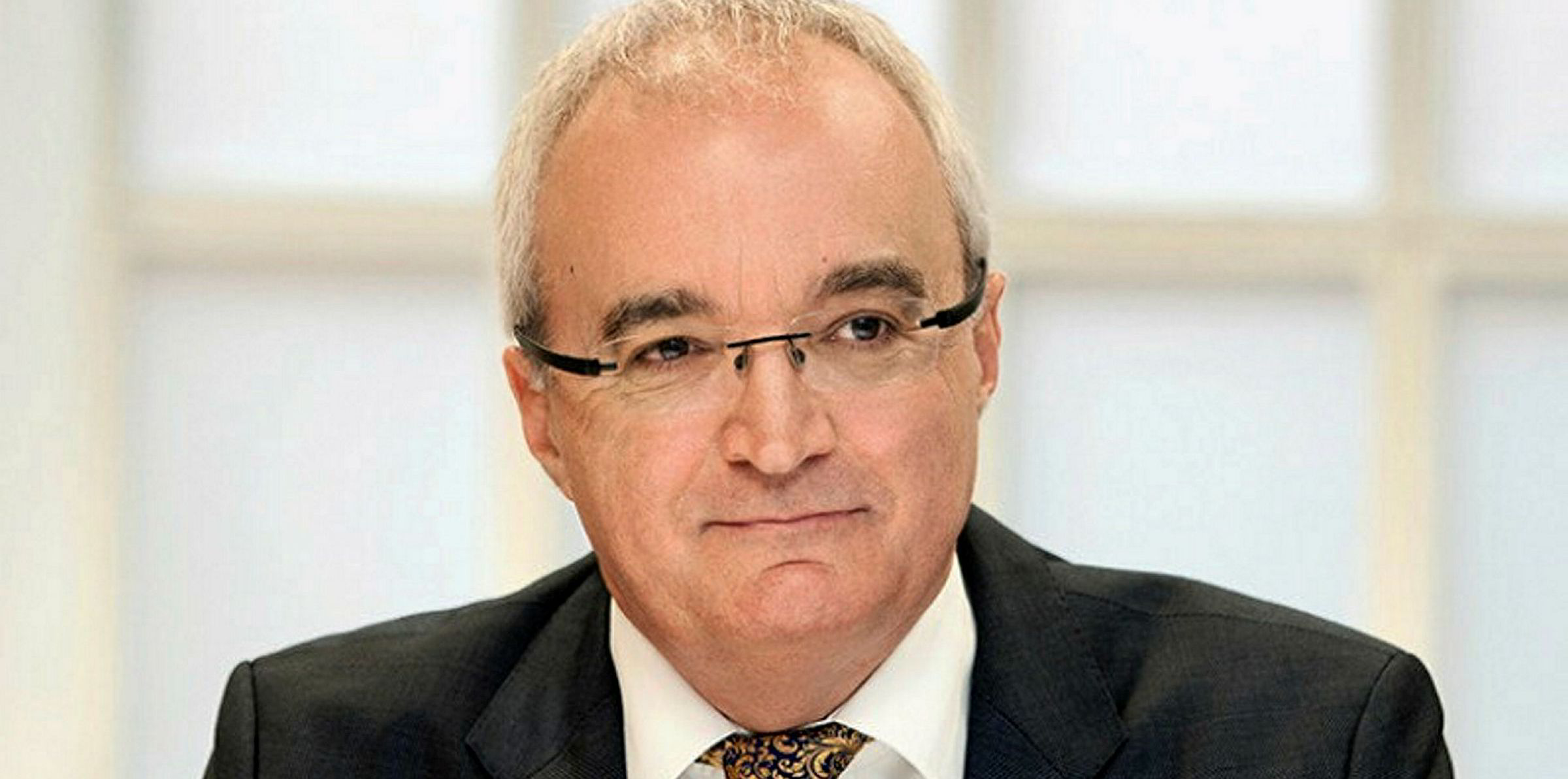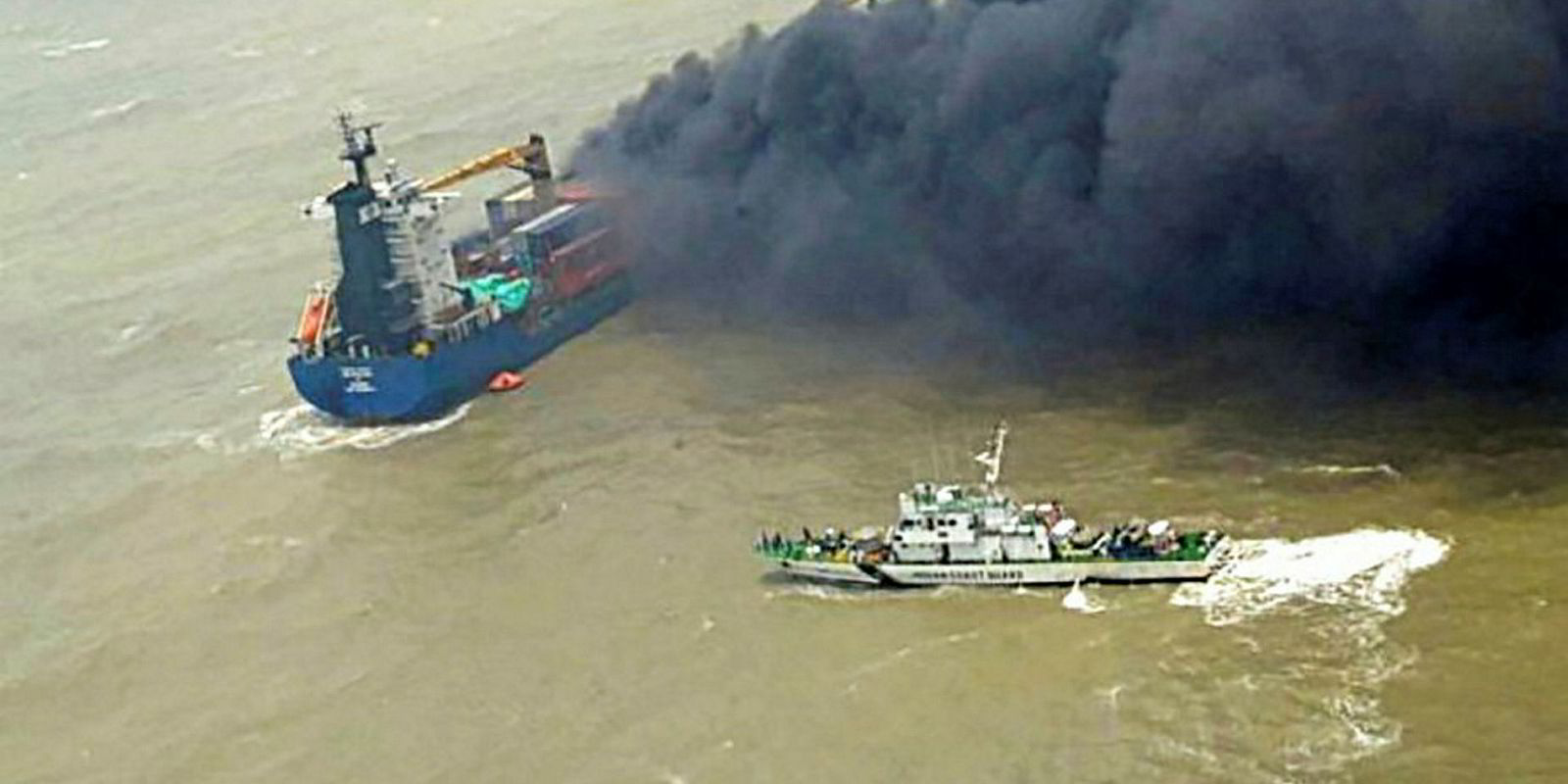A 6 July article by Adam Corbett highlights the stark recognition by the International Salvage Union (ISU) of the financial issues facing the salvage industry.
The Salvage & Wreck Conference in London in December 2017 brought to the fore the use of side letters, varying the terms of the Lloyd's Open Form (LOF) into more commercial or capped arrangements.
Despite the optimism expressed by the ISU at the conference on the slight increase in the number of LOFs being issued, as reported in that same month at the International Union of Marine Insurance (IUMI) conference in Tokyo, it was thought that more than 50% of the LOFs were hybrids.
Jeremy Russell QC, a LOF appeal arbitrator, told the ISU Associates' Day in March 2017: "People look for ways to avoid LOF contracts with a cap or wreck removal contract or towing contract."
This is largely because the perception is that LOF has become too expensive. This is not necessarily borne out by the statistics.
Between 1990 and 2016, the amounts awarded to salvors under LOF, as an average percentage of salved property values, have increased. One of the reasons is fewer LOF cases and, therefore, a smaller pot out of which to pay the salvors.
The latest ISU statistics demonstrate that the revenue generated from LOF is reducing. Last year saw the lowest LOF revenue since 2000 and the lowest special compensation P&I clause (Scopic) revenue since Scopic was introduced in 1999. For the first time, the revenue from other salvage cases (presumably commercial terms) exceeded the combined revenue from LOF and Scopic. LOF is no longer the salvage contract of choice.
ISU president Charo Coll bemoans the revenue reduction as being down to pressures imposed on salvors by owners and insurers that are driving down costs. The hull insurance market itself is struggling. Salvors are themselves perpetuating the race to the bottom because they are being forced to compete on any terms possible. Ironically, market conditions have had the effect the insurance industry was striving for when it was concerned that salvage awards had increased.
Salvors are themselves perpetuating the race to the bottom because they are being forced to compete on any terms possible.
With awards coming down due to market forces, we have already seen less salvage tugs on station. Up until early 2017, there were at least 10 tugs on salvage station that were not state funded. Now there are only two.
Shipowners and insurers argue, with understandable logic, that with salvors investing less in salvage tugs, LOF awards should be reduced as the encouragement factor under Article 13(i) of the International Convention On Salvage (1989) has less impact.
However, if LOF awards are reduced further due to the reduction in investment in salvage tugs and equipment, this will only increase the financial pressures on the salvage industry, leading to more cost-cutting.
The ISU will argue the salvage industry is in greater need of encouragement in order to at least maintain their current status and preferably invest more in salvage equipment. It is a difficult balancing act.
In my view, we need a radical rethink of LOF to ensure that it regains its status as the first salvage contract of choice. The reduction in LOF awards is not enough for some insurers to encourage more use of LOF; some wish to have more control over contractual terms and choice of salvors, with some insurers having a preferred list of salvage companies with pre-agreed tariff rates.
With all the controversy that has arisen over side letters, the Admiralty Solicitors Group will consider a draft version of "LOF Light". The aim is to maintain (in the less urgent or complex salvages) most of the benefits of LOF. These include the fact that it is "no cure, no pay", the risks and upfront payment are taken by salvors and ease of use. But LOF Light would also see salvage remuneration being based more on commercial, or Scopic terms, with a success bonus that can be negotiated to fit the circumstances of the salvage or determined by an LOF arbitrator, and which will provide the encouragement factor and reward for risks, skills, status et cetera.
Times have changed and it is essential to encourage the insurance industry to back LOF. If this can only be done with an "LOF Light" and if salvors obtained more jobs, albeit individually receiving less income, there may be a chance that the salvage industry can be maintained, even if not at the levels we have seen in recent years. It is what is happening now anyway, with the increase in use of side letters, but in a less transparent and more disorderly fashion.





